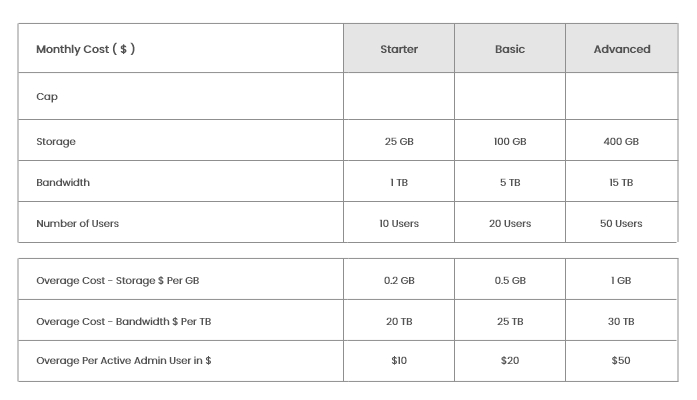



Google has debunked the "Index Bloat" theory
John Mueller of Google debunks the "Index Bloat" idea, claiming that there is no limit to the number of pages indexed...
John Mueller of Google debunks the "Index Bloat" theory, claiming that there is no limit to the number of pages indexed per site.
Google's Search Relations team answers questions concerning web page indexing in a recent episode of the 'Search Off The Record' podcast.
The concept of "Index Bloat," which has gained traction in the SEO community, was a major topic of discussion.
Google Search Advocate John Mueller debunks the concept of index bloat, which holds that excessive indexing of irrelevant pages might harm search engine rankings.
This article discusses the index bloat theory in length, Google's response, and the broader ramifications for SEO practices.
The Theory of Index Bloat
The term "index bloat" refers to the circumstance in which search crawlers index pages that are unsuitable for search results.
This contains filtered product pages, internal search results, printer-friendly versions of pages, and other features.
Index bloat proponents say that these pages make it more difficult for search engines to interpret websites, lowering search ranks.
The theory is based on the concept of a crawl budget, which is the number of URLs crawled by a search bot during each visit.
According to the notion, index bloat can lead to wasteful use of the crawl budget since search bots waste time and resources collecting irrelevant information.
Google's Reaction to Index Bloat Theory
Mueller disproves the index bloat theory, claiming:
"I'm not aware of any index bloat concept at Google." Our systems do not limit the number of pages indexed per site arbitrarily. I'd just make sure the pages you're supplying for indexing are truly useful pages, which is independent of the quantity of pages on your site."
This assertion calls into question the fundamental concept of index bloat.
Mueller claims that Google does not set an artificial limit on the number of pages indexed per site.
Rather than being concerned about missing pages from Google's index, Mueller feels that your time would be better spent generating useful material.
The Index Bloat "Causes"
Index bloat supporters frequently mention causes such as unintentional page duplication, improper robots.txt files, and poorly performing or thin content.
Google, on the other hand, suggests that these aren't sources of a non-existent "index bloat," but rather basic SEO practices that webmasters and SEO specialists should be aware of.
"Detecting" Index Bloat
Index bloat proponents propose using tools like Google Search Console to detect index bloat by comparing the amount of indexed pages to what is expected.
According to Google, this comparison does not suggest a problem. It is a frequent aspect of website management and monitoring.
Conclusion
Google's official position is clear: the theory is disproved, despite the discussions around index bloat.
Instead, make certain that the pages you submit for indexing are important and relevant.
Hocalwire CMS handles the technical parts of keeping Large Sitemap, Indexing pages for Google, Optimizing page load times, Maintaining assets and file systems, and Warning for broken links and pages while you handle all these non-technical components of SEO for Enterprise sites. If you're searching for an enterprise-grade content management system, these are significant value adds. To learn more, Get a Free Demo of Hocalwire CMS.

